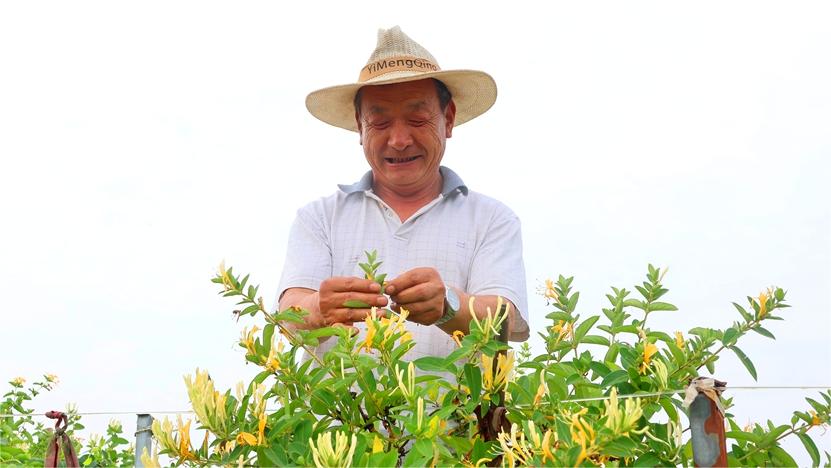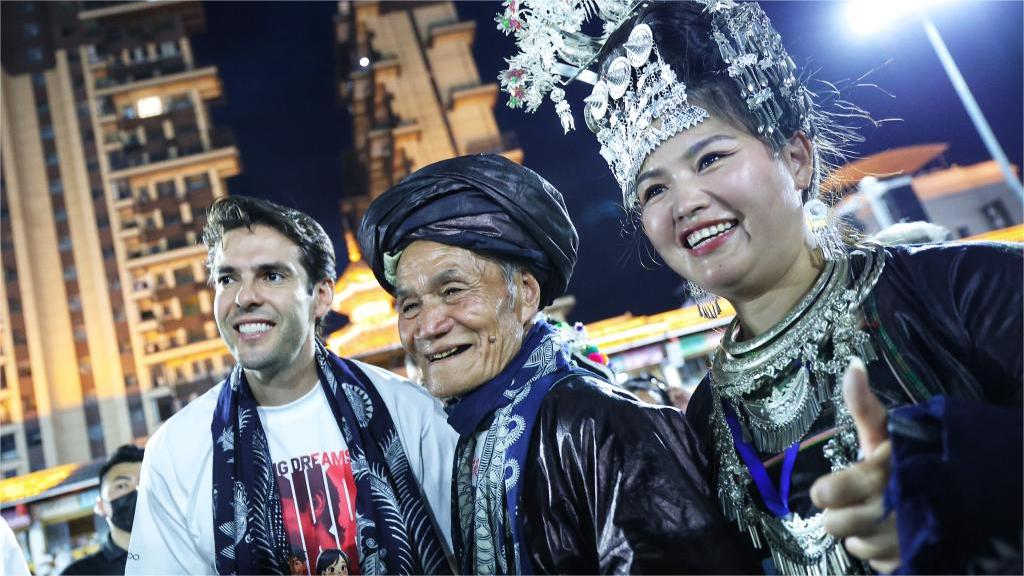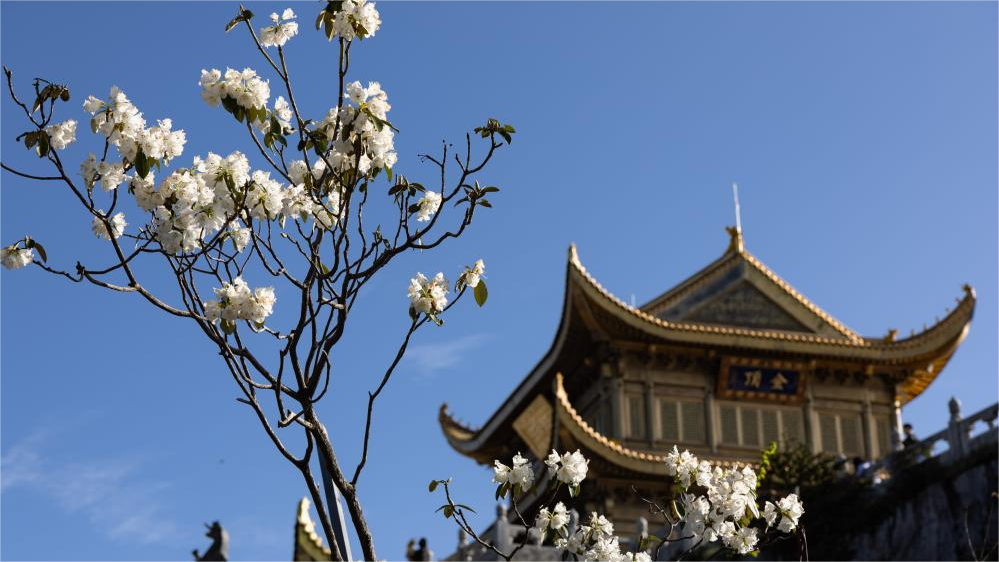Popular giant panda Fu Bao to meet public in June after return to China
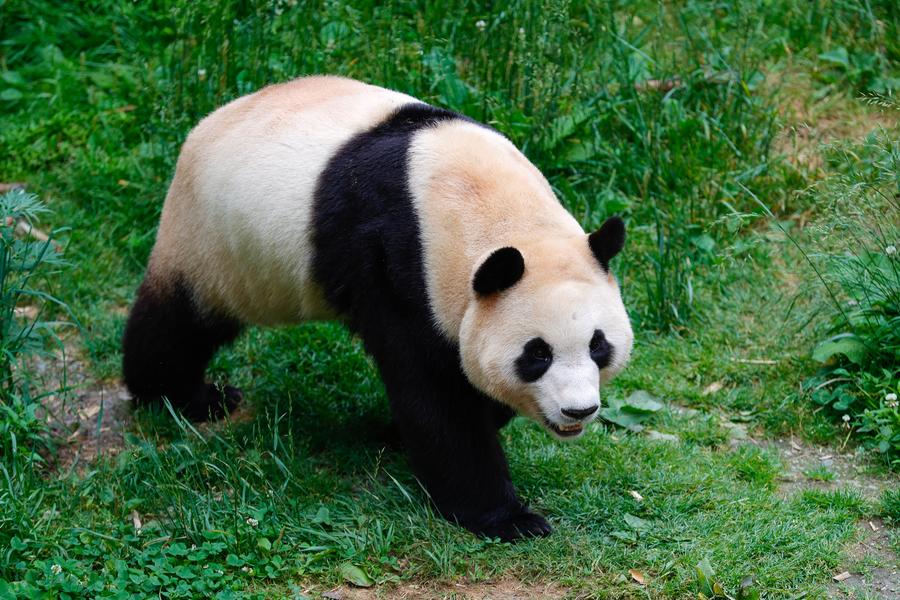
Giant panda Fu Bao wanders at the Shenshuping giant panda base in Wolong National Nature Reserve in southwest China's Sichuan Province, May 27, 2024. (Xinhua/Shen Bohan)
CHENGDU, May 29 (Xinhua) -- Fu Bao, the first giant panda who was born in the Republic of Korea (ROK) and returned to China in early April, is expected to meet the public in June, according to the China Conservation and Research Center for the Giant Panda.
Wei Rongping, deputy director of the center, said Fu Bao is adapting well to the new surroundings and will meet the public sometime next month.
After returning to southwest China's Sichuan Province, the hometown of pandas, Fu Bao began her new life at the Shenshuping giant panda base in Wolong National Nature Reserve. Following a month of inspection and quarantine, she has been residing in a breeding park at the base since May 5.
"The breeding park features specially designed windows between adjacent rooms, facilitating the exchange of smells and sounds between neighboring pandas. This design will help Fu Bao better integrate with other pandas," Wei said.
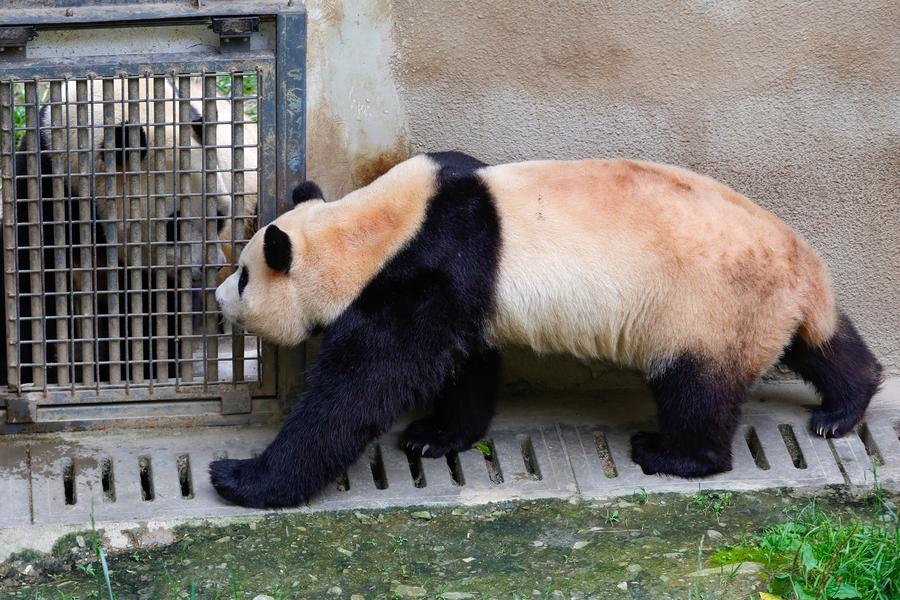
Giant panda Fu Bao (R) and its neighbor Bing Cheng sniff at each other at the Shenshuping giant panda base in Wolong National Nature Reserve in southwest China's Sichuan Province, May 27, 2024. (Xinhua/Shen Bohan)
After returning to China, pandas generally undergo periods of quarantine and transition. Due to individual differences, each giant panda spends varying amount of time to adapt to the new environment, climate, food and breeding team, according to Wei.
"Fu Bao is about to complete the transition period in the breeding park and has become familiar with her neighbors. She can be seen greeting her neighbors Bing Cheng and Yun Yun every day," Wei added.
According to Fu Bao's keeper, Xu Xiang, the panda has a good appetite and enjoys a balanced diet that includes bamboo shoots, apples, carrots, steamed cornmeal buns and other food. "Bamboo shoots and apples are both her favorite."
"Fu Bao is usually active in the morning and enjoys running laps outdoors. After lunch, she always takes a break and then resumes eating in the evening," the panda keeper added.
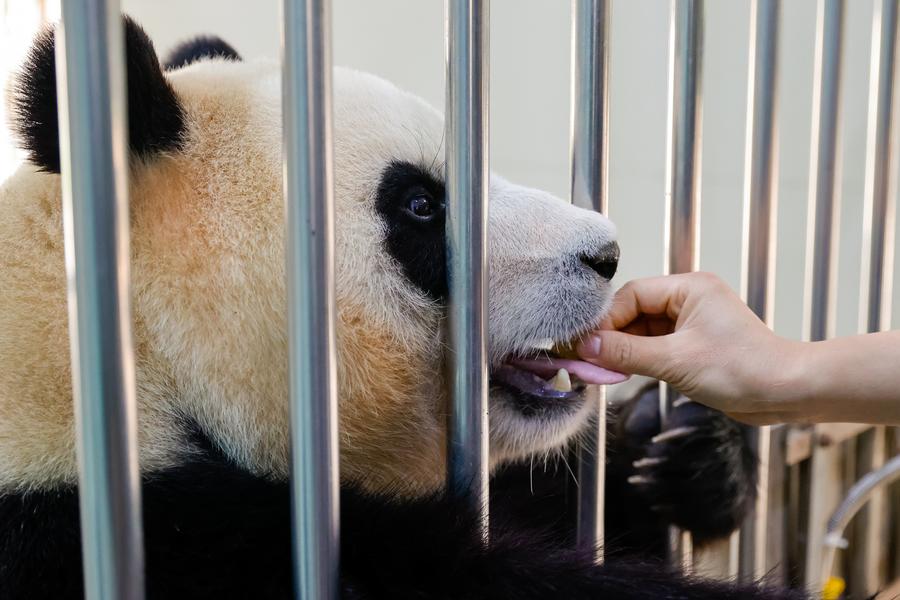
Giant panda Fu Bao is fed at the Shenshuping giant panda base in Wolong National Nature Reserve in southwest China's Sichuan Province, May 27, 2024. (Xinhua/Shen Bohan)
Born in July 2020, Fu Bao is the first cub of giant pandas Ai Bao and Le Bao, who were sent to ROK from China in 2016 on a 15-year lease.
Fu Bao, meaning "lucky treasure" in English, quickly became an online sensation among netizens in ROK after her birth, becoming a source of joy for people during the COVID-19 pandemic.
Generally, giant panda cubs born overseas are returned to China between the ages of two and four to prevent inbreeding during their reproductive period, which occurs between four and six years of age.
After the beloved giant panda returned to China, some ROK travel agencies even introduced "panda tourism" packages, offering tourists the opportunity to visit Sichuan and see the pandas up close.
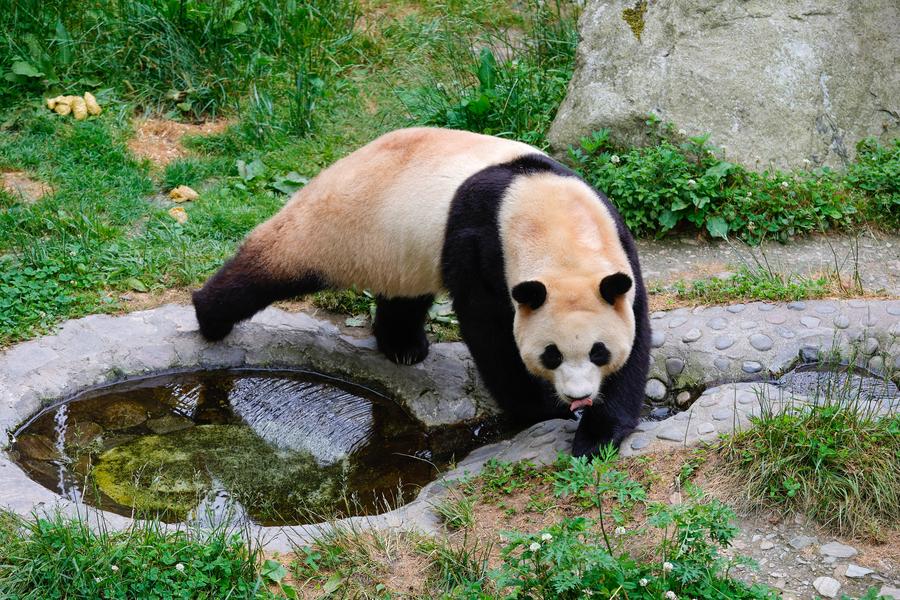
Giant panda Fu Bao is seen at the Shenshuping giant panda base in Wolong National Nature Reserve in southwest China's Sichuan Province, May 27, 2024. (Xinhua/Shen Bohan)
The Shenshuping giant panda base, where Fu Bao resides, covers an area of 150 hectares and is located at an altitude of 1700 meters in the Giant Panda National Park.
With an ideal natural living environment surrounded by mountains and featuring a mild, humid climate, the base is home to over 70 giant pandas, including Xiao Qi Ji, another popular giant panda born in the United States.
Photos
Related Stories
- Washington National Zoo to receive two giant pandas from China by year end
- Shenshuping giant panda base helps Fu Bao adapt to new environment in China's Sichuan
- Giant panda Ya Ji celebrates 10th birthday
- Giant pandas enjoy themselves in Chengdu
- In pics: giant pandas at Tangshan Ziqing Lake wildlife zoo in Nanjing
Copyright © 2024 People's Daily Online. All Rights Reserved.







